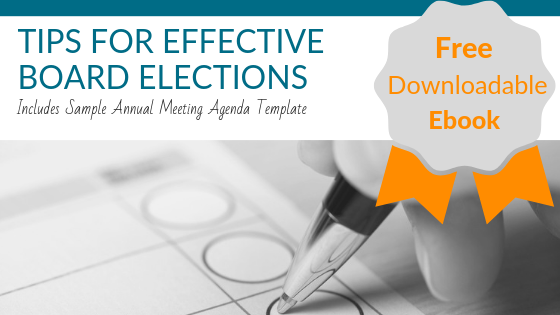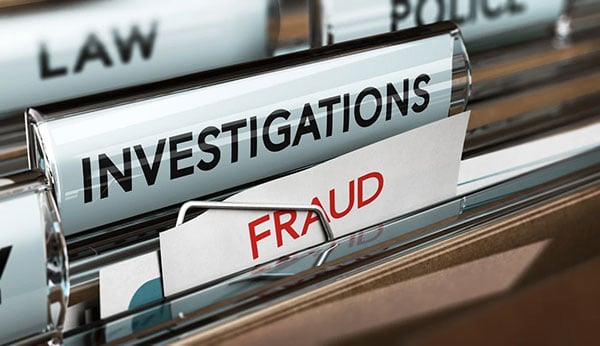By statute, an HOA's board of directors has the right to hold private meetings, called executive sessions, to discuss privileged information and privacy concerns. These meetings are highly rule-governed, and becoming acquainted with those rules will help you navigate this sensitive area of HOAs with poise and confidence.
Attendance
In addition to HOA board members, attendees of the executive session may also include the association's attorneys; managers; the recorder of the minutes; and invited third parties, such as those involved in business with the association. One special case involves any disciplinary hearing held during the executive session concerning a non-executive association member. The member under question may attend their own hearing along with a witness. However, the non-board member and their witness will only attend the portion of the session devoted to the hearing (see below).
Notification
Timing
In some states, the HOA board must notify the association of the time and place of the executive session at least two days prior to convening, unless the association's rules or state statutes stipulate a longer period. However, if the board decides to hold the executive session with an open meeting, the board must include mention of it in the open meeting's notice, which in turn must be posted four days prior to convening. It is important to check with your respective state statutes regarding the timing of executive sessions.
Agenda
The notice of the executive session must include the agenda that the session will cover. However, because executive sessions are by their very nature confidential, the session's agenda should only be treated briefly and in the abstract.
In-person vs. virtual meetings
In most states, the board is not required to meet in person at a physical address. Board members may join the meeting by phone or video, as long as the other directors can hear their voices. However, only in the event of an emergency can the board hold the executive session by email or by "unanimous written consent." Refer to your state guidelines as they related to meeting guidelines.
The six reasons the board can hold an HOA executive session:
- Legal action
The board has the right to hold an executive session to consider legal matters relating to the association. For example, the board might meet to discuss a pending lawsuit levied against the association and whether to propose a settlement. - Third-party contracts
The HOA board may hold an executive session to consider contracts the association has or plans to have, with third parties. - Disciplinary hearings
In most states, the HOA board may choose to hold a disciplinary hearing inside an executive session. This is the one instance in which a non-board member, whether an association member or an employee, may attend the executive session—to attend their own hearing (see above). However, the non-board member does not have the right to record the meetings. Nonetheless, they can choose to discuss the outcome of the session publicly by waiving their right to confidentiality. Review your respective state guidelines as it pertains to disciplinary hearings. - Employee matters
The HOA board may hold an executive session to discuss matters relating to personnel. Examples might include new hires, terminations, performance reviews, and raises, among other possibilities. - Repayment plans
If an HOA member is having trouble paying their assessments, they can request a repayment plan. The HOA board can then convene an executive session to consider their request. - Foreclosures
Board members cannot delegate the decision to initiate foreclosure to an agent of the association. Rather, they must convene an executive session and decide by majority vote whether to move forward with the foreclosure.
Keeping minutes
An HOA board should refer to their respective state statutes and guidelines regarding keeping minutes of the executive session. They should also make a note of their minutes at the board's next open meeting. However, the minutes are confidential, and non-executive members of the association will not have the right to access them.
Executive sessions are highly rule-governed events that can have a real impact on their corresponding HOAs. If you are an HOA member, and especially if you are on the board, be sure to acquaint yourself with the six reasons for holding executive sessions, as well as all the ins and outs surrounding them. Doing so will help you proceed with confidence and composure through one of the most sensitive areas of HOAs.






